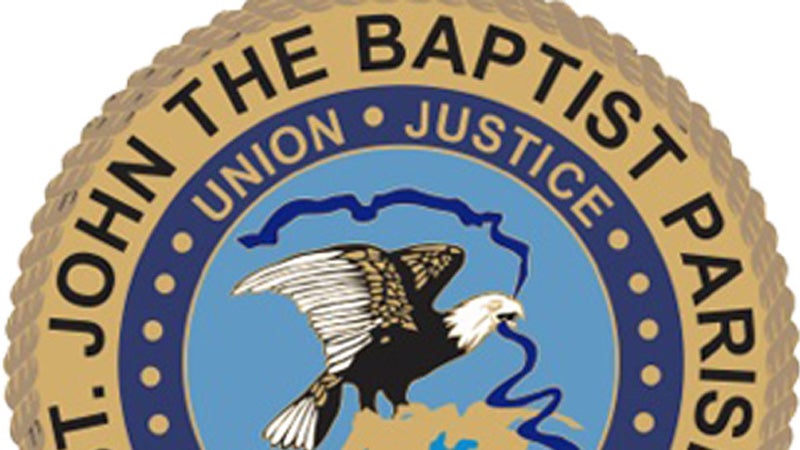St. John’s ITEP appeal denied by state board: Governor Edwards has final say in tax exemptions
Published 8:30 am Tuesday, February 25, 2020
|
Getting your Trinity Audio player ready...
|
LAPLACE — St. John the Baptist Parish residents were vocal in their opposition to $33 million in tax exemptions between Marathon Petroleum Company and Nalco Champion plant during a November meeting. The St. John Parish Council voted to deny the exemptions, but a missed deadline in giving notice to the state led the Board of Commerce and Industry to approve the tax exemptions in January.
On Feb. 21, several members of the Parish Council traveled to Baton Rouge and appealed to the Board to reverse its decision. The Council’s appeal was ultimately denied by a 16-4 vote to uphold the exemptions, which amount to $25 million for Marathon and $8 million for Nalco.
The tax breaks, according to the St. John Parish Assessor’s Office, would total approximately $630,000 per year. However, this does not have any impact on the pre-payment of $20 million in taxes that Marathon recently presented to the community.
The St. John School Board also rejected the Marathon and Nalco exemption requests in November, standing with the community’s voice of opposition at the public meeting. Since the School Board submitted paperwork on time to the state Board of Commerce and Industry, their rejections were upheld.
Broderick Bagert of Together Louisiana, a statewide network advocating for tax fairness, said Governor John Bel Edwards has the final say in approving or denying tax exemptions, regardless of what the Board of Commerce and Industry decides. Therefore, there is still a chance that the Parish Council’s denial will be upheld.
“The Constitution gives the governor the authority to decide whether or not to approve any of these tax exemptions on whatever terms and conditions he deems to be in the best interests of the state,” Bagert said, adding the tardy paperwork would have no bearing on Edwards’ discretion.
“It’s really straightforward,” Bagert said. “The governor just has to do what he said he would do in his executive order in 2016 and uphold that an exemption that was rejected by the locals is not something he is going to sign.”
Last week, the Board of Commerce and Industry approved a policy backed by Edwards that states companies whose tax exemptions have been denied by locals will have the chance to appeal to the state board.
While Bagert believes this decision could cause more contention between companies and communities in the New Orleans region, he said this rule has no impact on St. John Parish’s situation.
“What (Edwards) said is that if the company is rejected on the basis of local rules that are stricter than the state’s, they can appeal back to the Board of Commerce and Industry,” Bagert said. “We thought that sucked, but it doesn’t affect this. There were no rules or guidelines set up at the St. John level. This does not affect the process and the governor’s opinion.”
District 3 Parish Councilwoman Tammy Houston was present during Friday’s meeting. She said the strength and conviction of Council members who appealed to the Board made a definite impact, even if the resulting vote was not in their favor.
“I thought that Councilman Malik and Councilman Madere gave a very valiant appeal,” Houston said. “This is a board that goes strictly by the rules. Marathon representatives did not show up, but Nalco’s did. Their appeal was to the fact that they followed all the rules, so St. John should have been held to the same standards.”
That argument swayed the panel to a 16-4 vote to uphold the exemptions. However, it also opened a dialogue analyzing the process.
The Board of Commerce and Industry has historically given some latitude to industries that miss the deadline, according to Houston.
“The Board penalizes them, but they don’t lose their exemption. The discussion on the table was that the same leniency should apply to government, because government is win-all or lose-all,” Houston said. “There is a consensus that they need to re-evaluate their rules. It was a win for the process. It just does not immediately help St. John in a quest to have that verdict overturned.”




